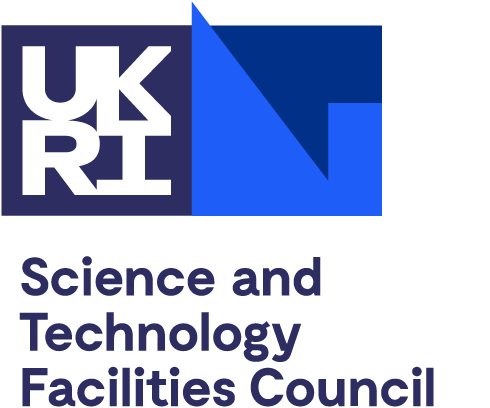It is a requirement of full economic costing methodology that for any one project lead or project co-lead, the amount of time that research councils will fund across all the projects they support is a maximum of 1,650 hours a year (equivalent to 37.5 hours a week for 44 weeks a year).
The total salary costs for any individual on all research council grants and fellowships must not exceed 100% full time equivalent (FTE) across all grants.
If a project lead or project co-lead already has all or part of their salary met through other externally sponsored projects supported from public funding, the proposal should not seek to duplicate this funding.
Relevant forms of external funding include research grants and fellowships funded by the research councils, government departments or publicly funded learned societies such as the Royal Society. In such cases, the level of involvement in the proposed grant should be indicated, but with zero hours charged to the grant.
If the project lead or project co-lead is unpaid, or receives salary wholly funded through non-full economic costing sources, their time can still be charged to the grant for the purpose of determining estates, infrastructure technicians and indirect costs. In this case, the relevant amount of time to be charged to the grant should be shown, but with a zero salary.
Research grants or fellowships will not be funded on the basis of replacement teaching costs.
All project leads or project co-leads for whom funding is sought must be named in the proposal. STFC will not provide funds in respect of unnamed project lead or project co-lead, for example where an appointment is expected but the identity of the appointee is unknown at the time of application.
Project lead or project co-leads whose time is not fully funded on other research council grants, but who are not paid a salary by the research organisation (for example, Emeritus or honorary staff) should indicate the number of hours attributed to the project, but with zero salary cost request.
Salary increments over the period of the project should be taken into account, but possible future pay awards should not be anticipated.
Where it is expected that individuals will be promoted during the lifetime of the grant, provision may be made in the grant proposal.
If a project lead or project co-lead is retired, the expectation is that their level of involvement in a project would be covered by a contract with the research organisation. The cost of their time attributed to the project is thus likely to be a directly incurred cost.
Project co-leads named in a successful proposal might not be named by STFC in the ensuing grant if no funding has been provided for them.
Where an individual will be working on the grant-funded project away from the research organisation on long term secondment for a period in excess of six months (in total) during the lifetime of the project, estates costs should not be charged for the period of secondment.
Directly allocated or directly incurred?
It is anticipated that the majority of project leads and project co-leads will be requested under the directly allocated: investigators fund heading as costs are likely to be based on estimates.
Other project leads and project co-leads may also be requested as directly incurred where the requirement to provide an audit trail for their time spent on a grant can be met.


